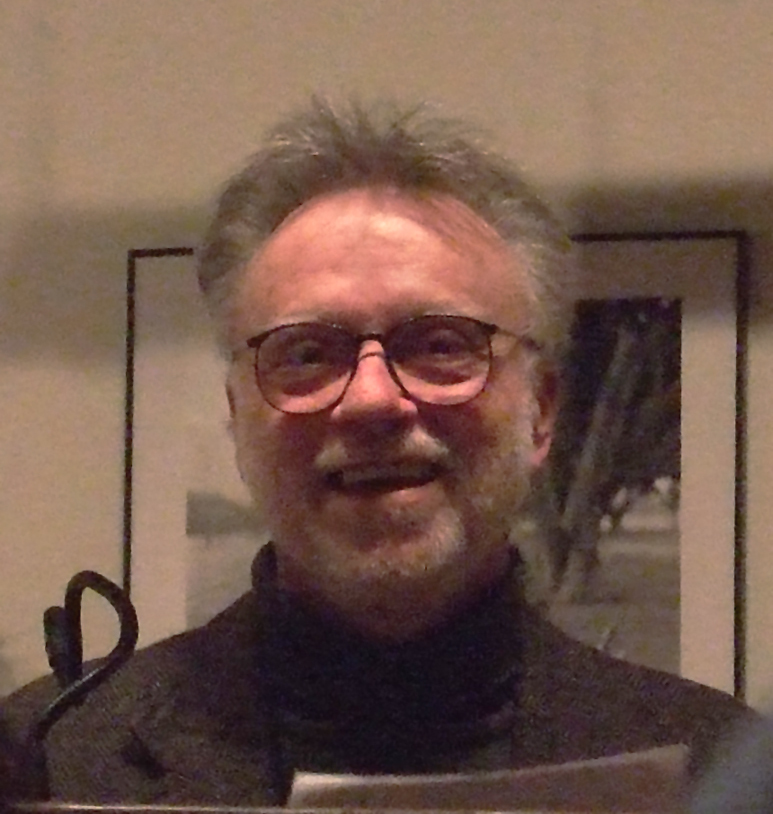 author
authorDiscover the Best Books Written by Miguel de Cervantes Saavedra
The Spanish author Miguel de Cervantes Saavedra (1547-1616) is the greatest novelist of the Spanish language. His masterpiece, "Don Quixote," is one of the most important and influential books in the history of the novel.
Miguel de Cervantes was born in the university city of Alcalá de Henares in the old kingdom of Toledo. His baptismal record is preserved (he was christened on Oct. 9, 1547), but his birth date is unknown. It is generally surmised, however, because of the Christian name he was given, that he was born on Michaelmas (September 29).
He was the second son and the fourth of seven children of the apothecary surgeon Rodrigo de Cervantes and his wife, Leonor de Cortinas. On his father's side, he was of Andalusian extraction, and Castilian was on his mother's side. Rodrigo de Cervantes was not very successful in his profession and traveled frequently.
In 1552 he was imprisoned in Valladolid for debts (a familiar lot, later on, for his most famous offspring), and in 1564 he was in Seville. It is possible, however, that the family had moved to Madrid in 1561 when Philip II made it the capital of his empire.
Nothing is known of Miguel's life until 1569. In that year, the humanist Juan López de Hoyos brought out a commemorative volume to mark the death of Queen Isabel de Valois in 1568. Cervantes contributed three indifferent poems to this work, and López de Hoyos wrote of him as "Nuestro Caro y Amado discípulo" (our dear and beloved pupil).
López de Hoyos was a reader and admirer of the humanist Erasmus. A connection was drawn between this fact and some critical attitudes about religion later shown by his beloved pupil. This is all that is known about Cervantes' education. It is reasonable, however, to conjecture that he studied in Seville with the Jesuits since some statements in El coloquio de Los Perros (one of the Novelas ejemplares, 1613) would bear this out.
Cervantes was in Rome by Dec. 22, 1569 (the date of a certificate made out by his father attesting to his son's legitimate birth and Christianity). In his Galatea (1585) dedication, Cervantes states that he had been chamberlain to Cardinal Giulio Acquaviva. It has therefore been surmised that he traveled to Italy in 1569 in the cardinal's retinue when Acquaviva returned to Italy from Spain, where he had been papal legate.
Best author’s book





















